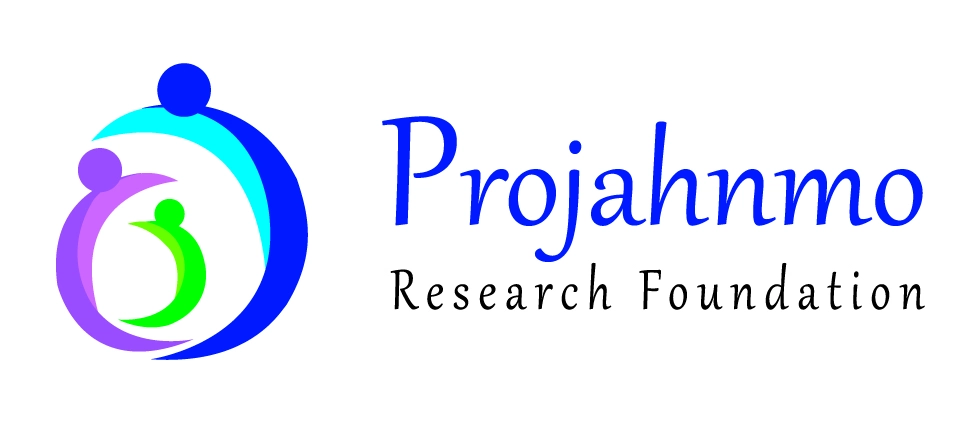
The E-Patient Quality Improvement & Standardization—EQIS—Platform to Improve Clinical Care in Bangladesh
Study Period: June 2024 – December 2026
Sample Size: Physicians: 365
Donor Name: Peabody Health Philanthropies and Elias & Sultana Foundation
Project Description:
Background: Poor clinical care remains a significant global health challenge, particularly in low- and middle-income countries. The outcomes of poor-quality care are devastating, especially in the field of maternal and paediatric care. Although there have been remarkable changes in both fields, there is still a pressing need to improve and standardize clinical care further and reduce preventable deaths. The e-Patient Quality Improvement Simulation (EQIS) tool offers a promising solution by providing a systematic approach to improving clinical practices, identifying areas for improvement, and ultimately enhancing patient outcomes. The aim of this study is to evaluate the use and impact of the EQIS platform to improve and standardize clinical care in resource-poor settings, starting with maternal and paediatric care. In Bangladesh, Projahnmo Research Foundation is implementing this study in five hospitals in Dhaka.
Objective:
The primary objective of the study is to determine the effectiveness of the EQIS platform for standardizing maternal and paediatric clinical practice for physicians in the selected hospitals in Bangladesh.
Method:
a. Physicians, involved in maternal and pediatric care in the participating hospitals, who will use the EQIS platform.
1. Shaheed Suhrawardy Medical College and Hospital,
2. Ashulia Women and Children hospital,
3. Institute of Mother and Child Health (IMCH),
4. Dr. MR Khan Shishu Hospital and
5. Obstetrical and Gynecological society of Bangladesh Hospital (OGSB hospital).
The study participants will include:
b. Patients or their legal guardians from maternal and paediatric departments of the participating hospitals during the period before and after the use of EQIS tool by the physicians.
These expected study outcomes collectively are as below:
1. Improved adherence to evidence-based guidelines: The implementation of the EQIS tool is expected to enhance healthcare providers' adherence to established guidelines for maternal and paediatric clinical care which will contribute to standardizing care practices.
2. Standardization of care practices: The EQIS tool's implementation is expected to lead to greater consistency and standardization of care practices across healthcare providers within the resource-poor setting. This outcome will help reduce variations in care quality and promote a more systematic approach to clinical care.
3. Strengthened healthcare systems: Through the implementation of the EQIS tool, the study expects to identify areas for improvement in healthcare systems and infrastructure. Recommendations based on the study findings can help guide system-level changes, resource allocation, and capacity-building initiatives to strengthen maternal and paediatric clinical care in resource-poor settings.
4. Knowledge generation and dissemination: The study is expected to generate new knowledge on the effectiveness and impact of the EQIS tool in improving clinical care in resource-poor settings.
